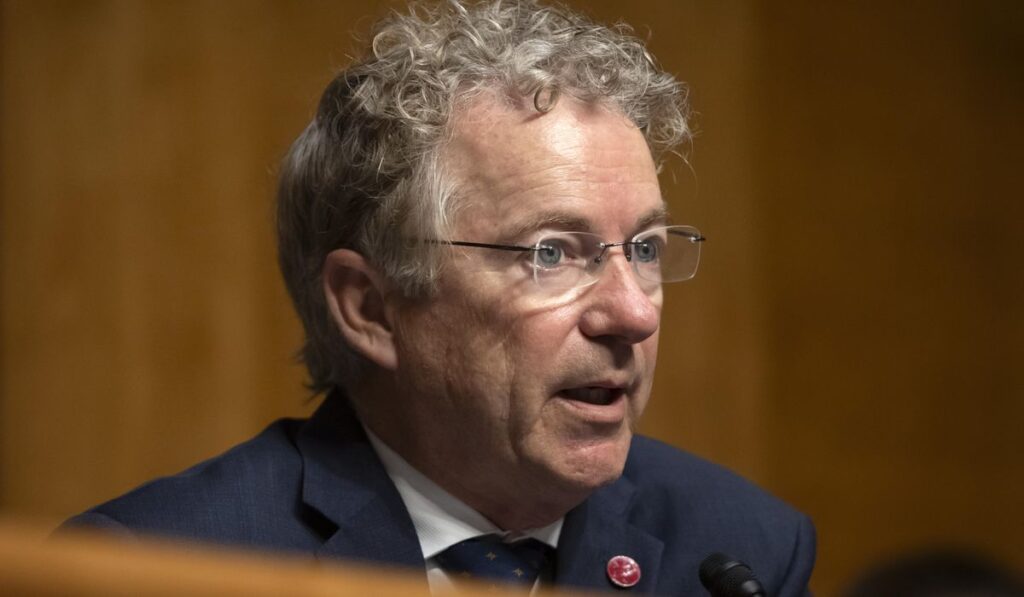The Senate voted late Tuesday to terminate the emergency powers that President Trump used to impose tariffs on goods from Brazil, a major coffee producer and South American trading partner. This move revived a debate over the limits of executive authority, the role of Congress in setting trade policy, and the practical impact of tariffs on consumers and supply chains. The vote puts pressure on both parties to explain where they stand on emergency powers and trade strategy going forward.
The action in the Senate was direct: lawmakers chose to reclaim a power that had been exercised without full congressional authorization. For Republicans who value constitutional checks and balances, this was a clear moment to remind the White House that Congress still has a role in trade. It’s also a reminder that the use of emergency authority for economic policy sets a precedent that can reach far beyond a single administration.
Tariffs on Brazilian goods had a real-world effect, especially on coffee, which is produced in large quantities in Brazil and reaches U.S. cups daily. Families and businesses felt the pinch as higher costs filtered through grocery prices and wholesale supplies. For conservatives who prioritize affordable prices and predictable markets, sudden trade actions are a problem whether they come from a Republican or Democrat in the White House.
The core argument from supporters of the Senate move was straightforward: Congress should debate and decide significant economic actions, not defer them to unilateral presidential declarations. Republican senators stressed that emergency powers exist for narrow, urgent threats, not routine trade disputes or long-term market shifts. Reclaiming that authority aligns with a conservative principle of restrained executive power and respect for the separation of powers.
Opponents warned that limiting the president’s tools could hinder rapid responses to international economic threats or retaliation from trading partners. That concern matters, but it doesn’t erase the constitutional issue at stake. Conservatives who believe in accountable government should prefer a clear, legislated path for tariffs rather than ad hoc emergency proclamations.
Practically speaking, businesses crave certainty. Importers and retailers need predictable rules to plan inventory and pricing, and farmers and exporters abroad need stable trade relationships. The Senate’s vote signals to global partners, including Brazil, that U.S. trade policy should be stable and law-driven, not subject to sudden shifts via emergency declarations.
Political dynamics will shape what happens next. The White House can veto congressional efforts, and overriding a veto requires the full weight of Congress. Republican leaders will have to weigh whether to push a veto override or negotiate a legislative compromise that sets clearer limits on emergency economic powers while preserving the ability to act in genuine crises.
For the public, the issue is simple: who decides when the economy is under an emergency and what tools the government can use in response? Republicans running on a platform of limited government and constitutional fidelity can use this episode to argue for stronger legislative oversight. That message resonates with voters who expect restraint, accountability, and policies that protect pocketbooks rather than political playbooks.
The tariff episode also underscores the global side of domestic policy. Brazil is not just a supplier of coffee; it’s a trading partner with strategic ties across agriculture and commodities. Abrupt tariff moves risk straining those relationships and invite reciprocal measures that hurt American producers. A conservative approach calls for predictable diplomacy backed by a clear, lawful trade framework.
Lawmakers now face a choice: draft legislation that defines when and how emergency economic measures can be used, or leave the status quo and accept that future presidents might repeat the same path. The Senate vote was a statement about authority and accountability, and the next steps will test whether Congress can move from signal to substance. What follows will shape how the United States handles trade shocks long after this particular tariff fight is over.



